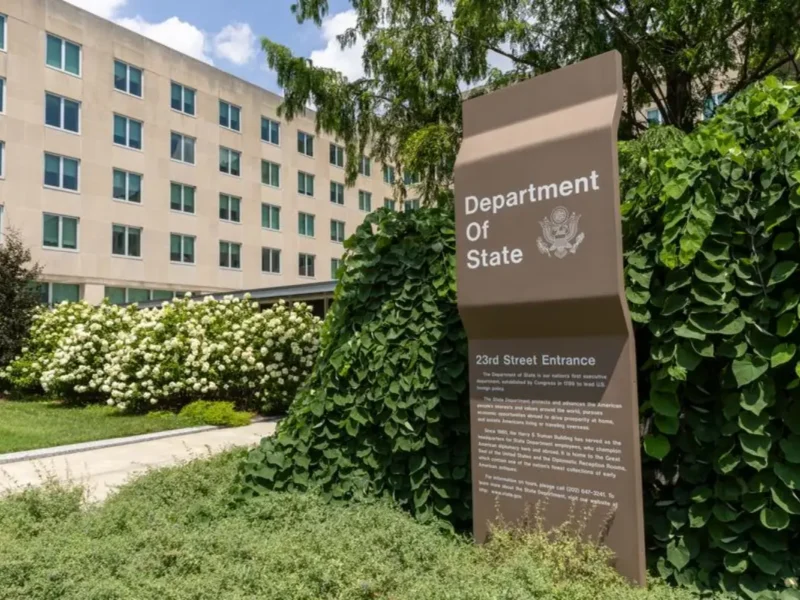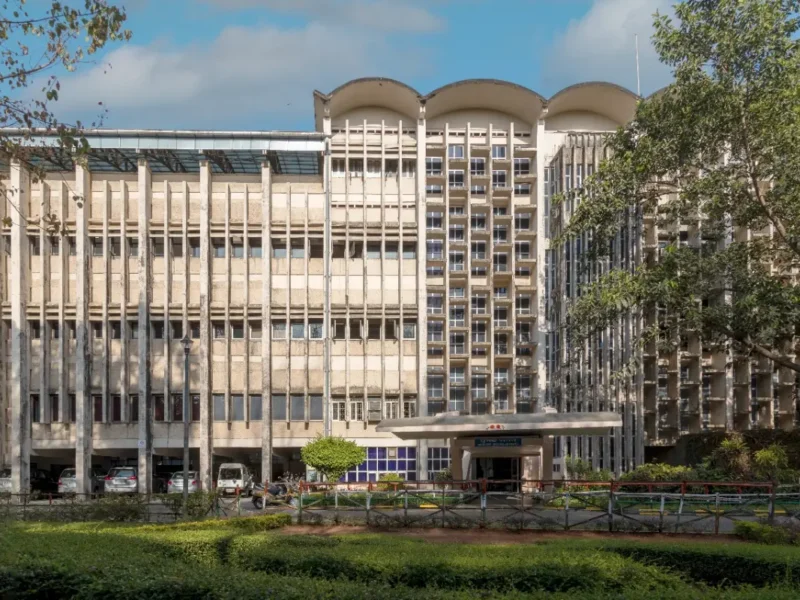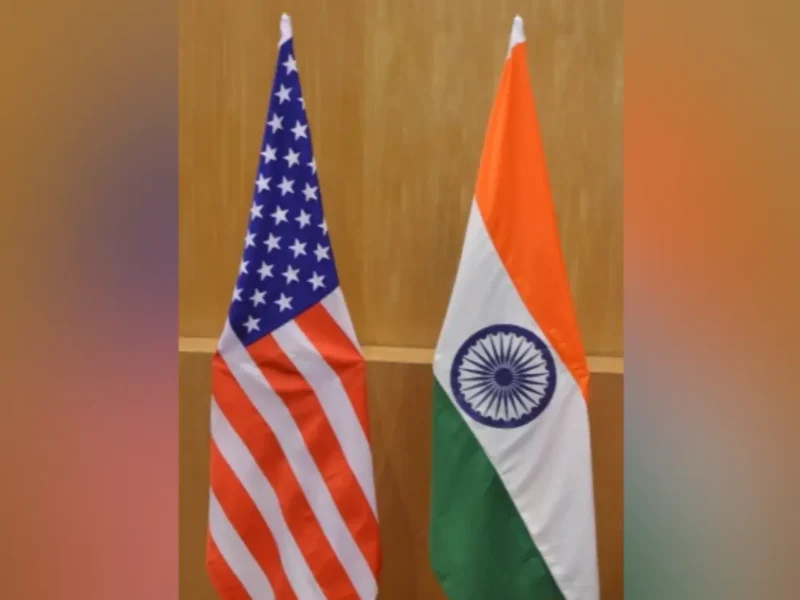
Immigration: Canada Ends Student Program, Will Impact Indians
India-West News Desk
OTTAWA – The Canadian government’s decision to end the Student Direct Stream (SDS) program is expected to significantly impact prospective students from India, who represent the largest group of international students in Canada.
The SDS, which streamlined the study permit application process, was particularly beneficial for students from India, as it allowed them to expedite their permits by meeting specific criteria, such as securing a Guaranteed Investment Certificate to demonstrate proof of funds.
India, with an estimated 427,000 students currently studying in Canada, has been a key beneficiary of the SDS program. In 2023, approximately 60 percent of the 400,000 Indian students seeking to study in Canada applied through the SDS program, with more than 70 percent of those applicants receiving study permits.
The SDS program, launched in 2018, initially aimed to fast-track the processing of study permits for students from select countries, including India, China, Pakistan, Brazil, Senegal, and others. It was later expanded to include residents of additional countries such as Colombia, Morocco, Peru, and Vietnam.
However, the Canadian government has now decided to phase out the SDS, citing a commitment to ensuring equal and fair access to the study permit process for all international students. According to a statement from Immigration, Refugees and Citizenship Canada, the government aims to strengthen program integrity, address student vulnerabilities, and provide all students with a positive academic experience.
As a result, future applicants will now need to go through Canada’s regular study permit process, which includes additional requirements such as a Provincial or Territorial Attestation Letter for students planning to study at designated learning institutions.
This shift in policy comes on the heels of new requirements introduced by Canada on November 1, which mandate proof of language proficiency for applicants to the post-graduation work permit program.
The decision also occurs amid growing diplomatic tensions between Canada and India, adding another layer of complexity for Indian students seeking to pursue higher education in Canada.



